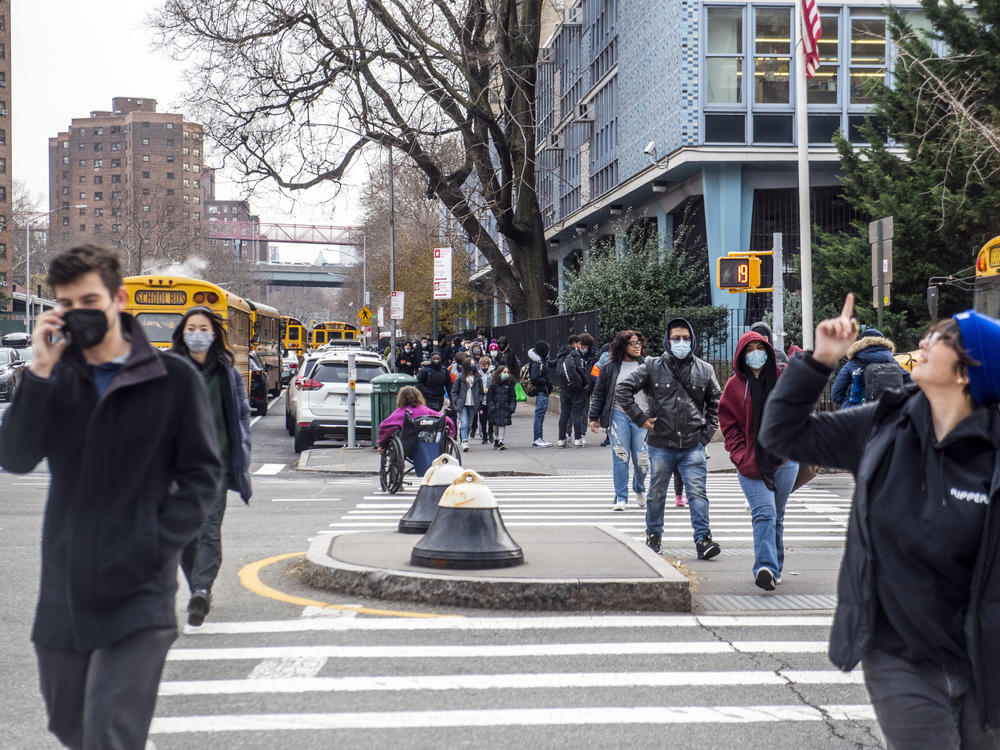Section Branding
Header Content
People who think they're attractive are less likely to wear masks, a study shows
Primary Content
People are less likely to wear masks to prevent COVID-19 if they see themselves as good-looking, according to a study published earlier this year.
Researchers asked 1,030 participants to self-evaluate how attractive they deemed themselves, how likely they were to wear a mask and if certain situations, such as a job interview or walking the dog, impacted their willingness to wear one.
The more attractive a person perceives themselves, the less likely they were to wear a mask because they thought the mask made them less attractive. Inversely, the less attractive someone found themselves, the more likely they were to wear a mask, according to the study in the Frontiers of Psychology journal published in late January.
The former group was less likely to hypothetically wear a mask for a job interview, while the latter group was more likely to wear a mask in that circumstance.
"Our findings suggest that mask-wearing can shift from being a self-protection measure during the COVID-19 pandemic to a self-presentation tactic in the post-pandemic era."
For mundane activities such as walking a dog, people were less likely to care about their looks and thus, were less motivated to wear a mask. But those who see themselves as attractive were still more likely to feel the need to make a good impression.
Copyright 2023 NPR. To see more, visit https://www.npr.org.

